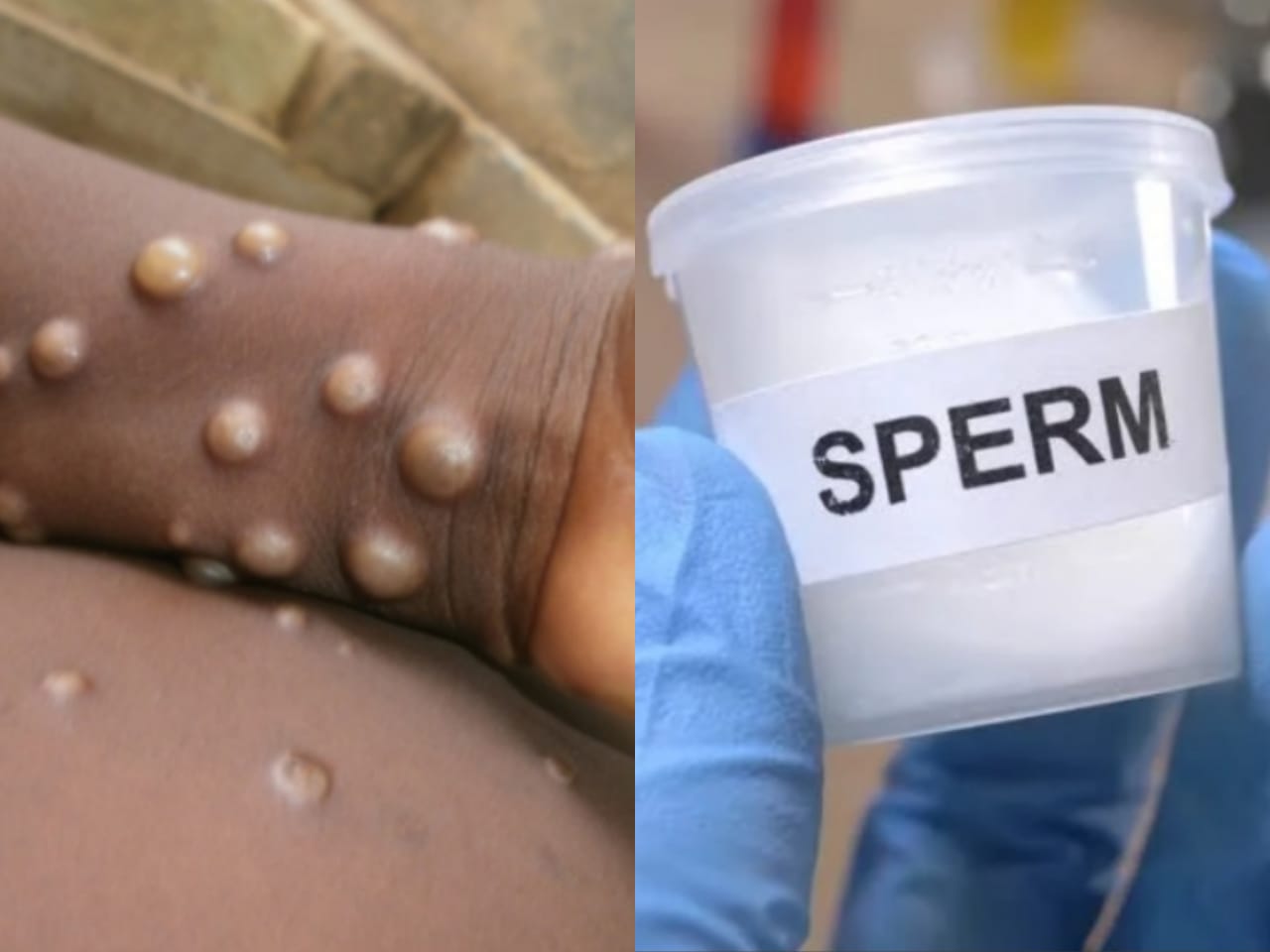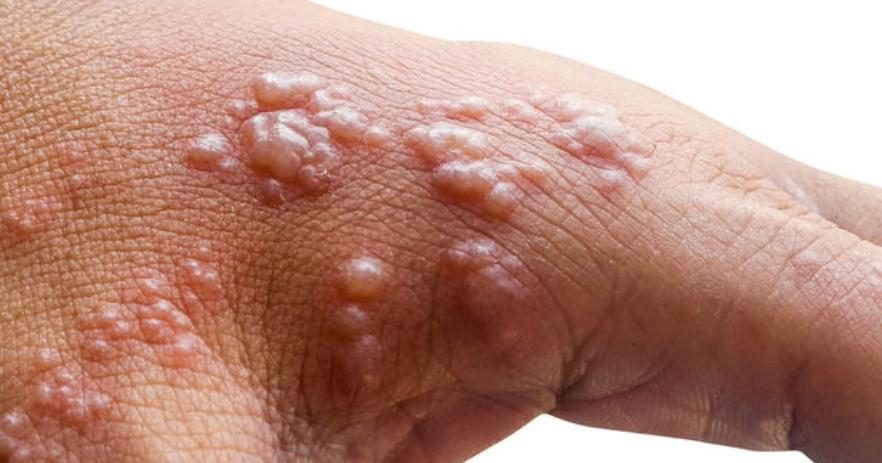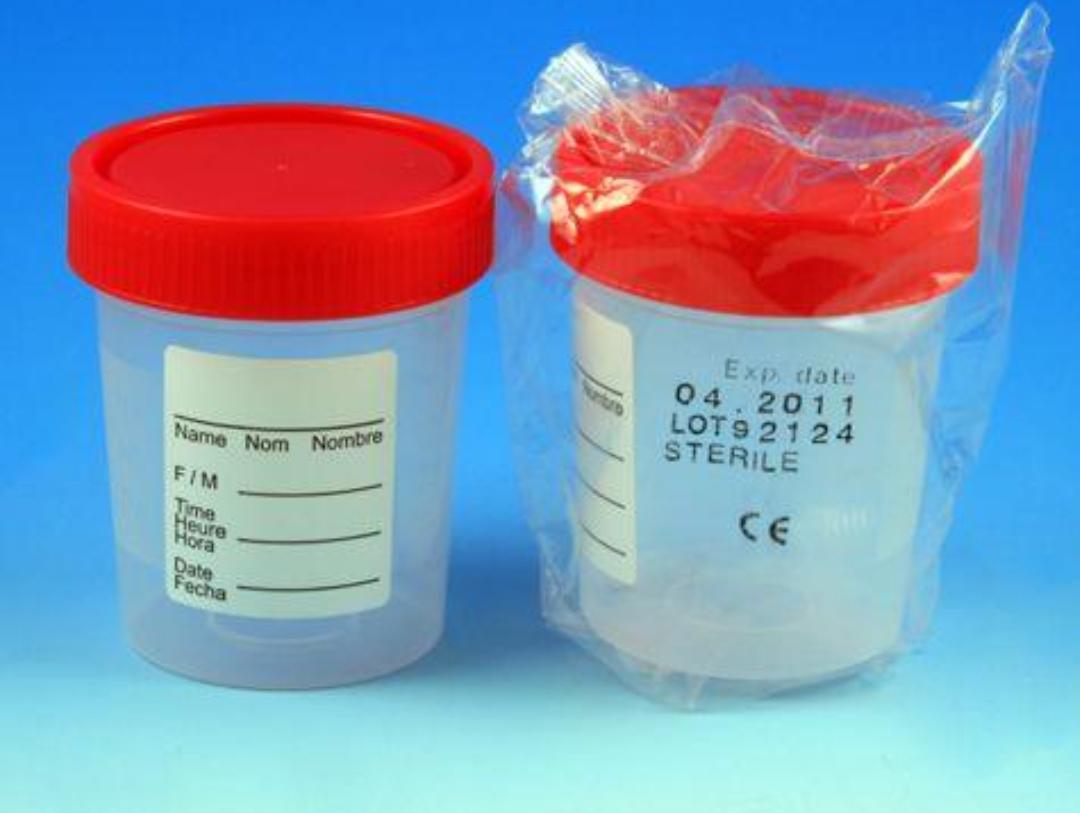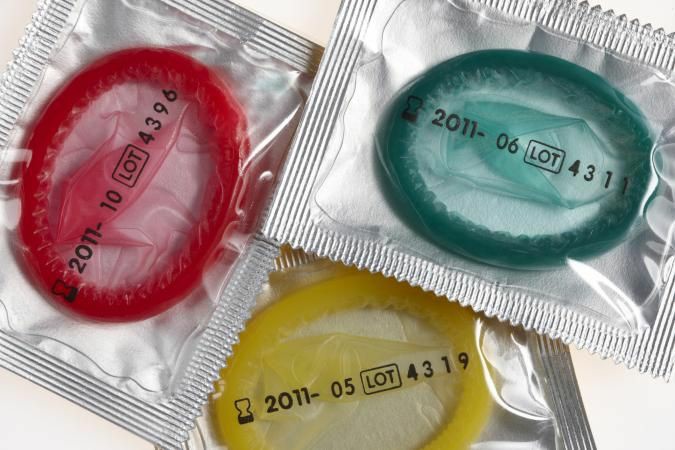Italian Researchers Discover The Presence Of Monkeypox DNA In The Semen Of Infected Men
 Thirsty for JUICE content? Quench your cravings on our Instagram, TikTok and WhatsApp
Thirsty for JUICE content? Quench your cravings on our Instagram, TikTok and WhatsApp

A group of communicable disease specialists at Rome’s Spallanzani Hospital demonstrated in a study posted on June 2, 2022 that monkeypox virus DNA, known as deoxyribonucleic acid, was identified in the sperm of three out of four men afflicted with the disease.
As per director Francesco Vaia, the research teams have indeed advanced their duties to conduct these studies which found the DNA in the semen of 14 infected men out of a total of 16 who were involved in the study.
“The existence of the virus in sperm is not an unusual or an irregular incidence,” he stated, as reported by the Star.
“The virus can be transmitted through sexual intercourse through close interaction with skin lesions,” he added, “but our survey indicates that sperm could also be a device for infestation.”

Spallanzani scientists found Italy’s first cases of monkeypox in two men who had returned from a trip from the Canary Islands.
Vaia’s most recent findings are not yet published or peer reviewed.
An uptick of monkeypox scenarios has already been identified beyond the West and Central African countries in which the illness has long been widespread as of early May (2022).
The vast majority of new cases have occurred in Western Europe.
This year (2022), well over 3,400 reported cases and one death have been disclosed to the World Health Organization (WHO) from more than 50 nations.
Per the WHO, the majority of patients were young men who have sex with other men, primarily in urban areas, in “aggregated social and sexual links.”
It is probing cases of monkeypox-positive sperm, but retains that the virus is spread via close contact.

Meanwhile, Meg Doherty, director of the WHO’s global HIV, hepatitis, and sexually transmitted infection programmes, confirmed last week that researchers have not deemed this a sexually transmissible infection.
Last month, Catherine Smallwood, PhD, the WHO Regional Office for Europe’s monkeypox incident supervisor explained that researchers were still in the process of discovering the possibility of the virus spreading through sex.
“That’s something we’re looking into, but this doesn’t alter our opinion of the existing transmission path, which is skin-to-skin contact and skin-to-mouth interaction. That’s what powers the spread,” she stated.
Because of the virus’s discovery in sperm, Smallwood also recommends that patients who have made a full recovery should still proceed to use condoms for 12 weeks as a safety precaution.

To date, no confirmed cases of monkeypox have been reported domestically.
4 days ago (July 9), the local health ministry affirmed that 14 Malaysian casual contacts, who were in close proximity with a Malaysian monkeypox patient residing in Singapore, had minimal chances of contracting the disease and are asymptomatic.
A 15th person, whom the Singaporean health ministry has identified as a close contact as well, is currently under quarantine in the country.


 Get Audio+
Get Audio+ Hot FM
Hot FM Kool 101
Kool 101 Eight FM
Eight FM Fly FM
Fly FM Molek FM
Molek FM

